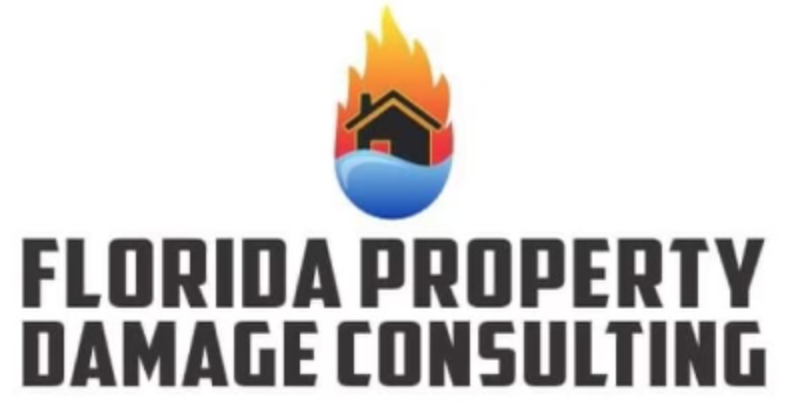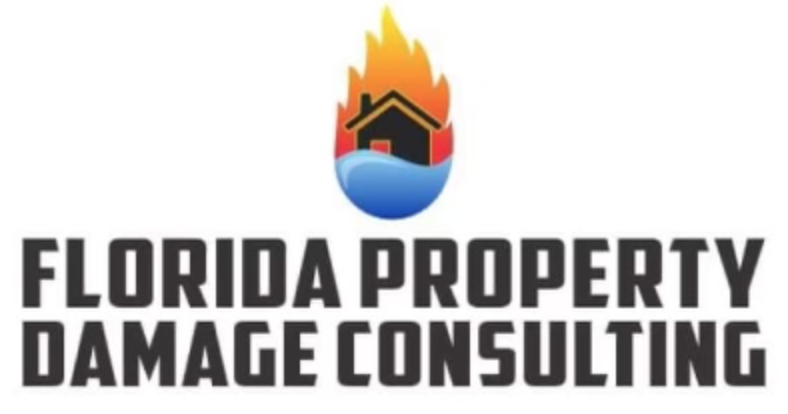Initial Inspection
The first step in filing an insurance claim on behalf of our clients is a comprehensive inspection of the damage as well as the rest of the property to search for any other damage to the property that may have been overlooked.
We start by sending one of our expert public adjusters to the property to fully document the damage with photo, video and contextual notations. Our inspectors will also utilize thermal imaging to create infrared pictures of the damage when necessary. A thorough review of the policy will be done to determine coverage for the claim.
All insurance companies handle their claims differently, and we will explain how the insurance company will work. Also, if there is ever a need to bring in a specialist to assist with the inspection, Florida Property Damage Consultants has a network of licensed contractors and other experts that can be utilized in the filing of your claim.
Claim Guidance
Once our inspectors have had a chance to fully inspect and document your property damage, they will typically spend some time with our clients to give them guidance and information on what they should do next, both in the short-run and the long-run.
For example, there are a number of choices that a property owner may make like whether or not to clean up the property, whether to begin drying out the property after a flood, or what the proper timeframe is to perform repairs that could potentially jeopardize the coverage on a claim – our experienced adjusters will let you know what should and should not be done in these situations.
They will also give the client more information on what to expect in the claims process and what will come next.
Filing A Claim
Once the property damage is fully documented, our public adjusters will begin the process of filing the claim with your insurance company.
We start by submitting all documentation of the damage including photos, videos, thermal images, any invoices for repairs, as well as any other information or evidence our adjusters compiled during the inspection process.
We ensure that your claim is properly reported as early as the first contact with the insurance company, as this is crucial to receiving the best settlement on the claim.
Insurance Communications
After the submission of the claim, the insurance company will have a 90-day deadline to pay or deny the claim. While they will typically take the entire 90 days to respond, sometimes they exceed the deadline.
Typically, the insurance company will submit an initial offer that is far below the estimate created by Florida Property Damage Consultants . At this point, FPDC will then determine whatever the best course of action is to close the gap. However, not all insurance companies are subject to the 90-day deadline, some could take even longer to offer an initial payment.
Therefore, we must review the policy and properly advise on the process. It is always a step-by-step, case-by-case basis. For more information on the specific Florida Statute.
Negotiations & Settlement
Once the insurance company has submitted its initial payment offer, FPDC will then attempt to negotiate with the company directly to bring the claim to a close.
If after initial negotiations it seems there will be no settlement, there are then a number of options available to FPDC to move along the claim’s negotiation.
1. Mediation
Mediation involves bringing in a neutral third-party, or mediator, to act as a referee in the matter. The public adjuster and the insurance company will both have the opportunity to present their side. They will typically negotiate a settlement. Not all insurance Carrier’s and or policies participate in mediation. This process will usually take about 1 month to complete and typically has a very high success rate.
2. Appraisal
In an appraisal situation, both the insurance company as well as the public adjuster will name an appraiser. Both parties will also agree on a neutral third-party, known as an umpire, who will be responsible for making the final decision in regard to the true appraisal value if needed. The policyholder will be responsible for paying half of the Umpire’s bill. The insurance company will pay the other half. As this process is a final process, once the appraisal is final the insurance company will be required to pay whatever the final appraisal amount is. Not all Carrier’s participate or agree to the Appraisal process. Please be advised this is not a real estate appraisal.
3. Litigation
If mediation and/or appraisal are unsuccessful, the next step is to begin litigation. As litigation involves retaining an attorney, this is typically a last resort in the settlement process. While about 70% of FPDC’s claims are resolved without needing to go to litigation, there are situations like a claim being flat out denied or any sort of bad faith action on behalf of the insurance company that makes litigation the only appropriate action. In these situations, Florida Property Damage Consultants has a network of highly experienced insurance claims litigators who are ready to take on your case as soon as it becomes necessary.
Release of Payment
Once the negotiations process has completed and a settlement has been agreed upon, the insurance company is then required to release payment.
Depending on the way the settlement was reached, the payment timeframe can vary. For example, if a settlement is reached via a release of all claims, there is a 20-day payment timeframe from the time all documents are executed and submitted to the insurance company. In a situation where the settlement was reached through appraisal, the insurance company has up to 60 days to issue the payment. In a situation where the insurance company simply issuing an initial payment, they will normally do so within the first 90 days. Although sometimes they take longer than that.
.


